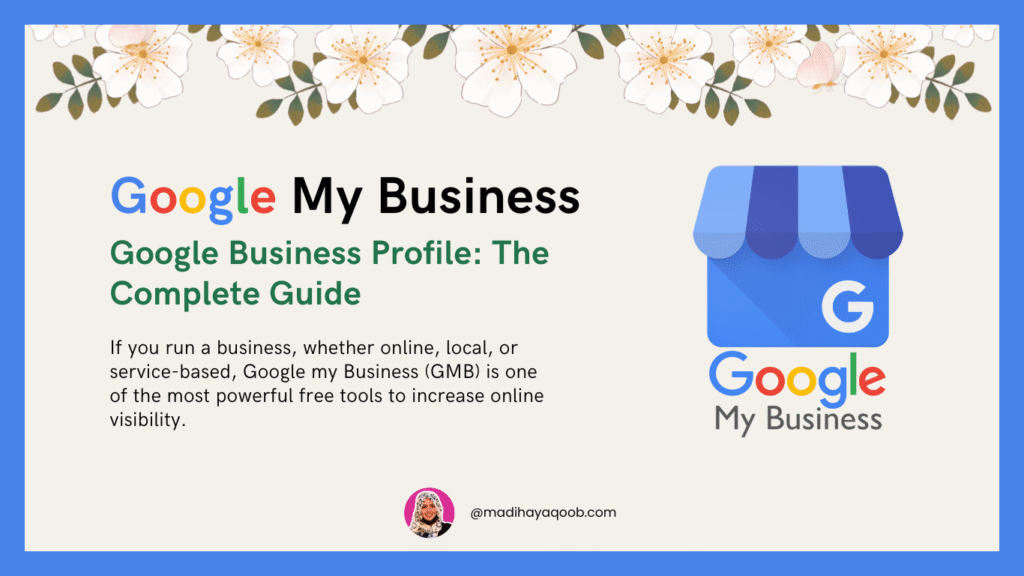In today’s fast-paced world, the way businesses operate has drastically evolved. The digital era has brought new challenges and opportunities, reshaping industries and creating unprecedented possibilities. From e-commerce to remote work, businesses are leveraging technology, innovation, and data to stay competitive. Here’s a look at the key trends and strategies shaping modern business.
1. Digital Transformation
Digital transformation is no longer optional; it’s a necessity. Businesses are adopting new technologies to streamline operations, improve customer experiences, and increase efficiency.
- Cloud Computing: Reducing infrastructure costs and enabling scalability.
- Data Analytics: Making informed decisions through actionable insights.
- AI Integration: Automating repetitive tasks and enhancing productivity.
2. Remote Work and Hybrid Models
The pandemic accelerated the shift to remote work, and it’s here to stay. Companies are adapting to flexible working models to attract talent and increase employee satisfaction.
- Collaboration Tools: Platforms like Slack, Zoom, and Microsoft Teams are the backbone of remote work.
- Employee Well-being: Balancing productivity with mental health support is becoming a priority.
- Global Workforce: Hiring talent from around the world has never been easier.
3. The Rise of E-Commerce
E-commerce is transforming retail and service industries, providing businesses with direct access to customers. The trends include:
- Personalized Shopping Experiences: AI-driven product recommendations.
- Mobile Commerce: Optimizing websites and apps for mobile devices.
- Sustainable Practices: Ethical sourcing and eco-friendly packaging to attract conscious consumers.
4. The Power of Branding
In the digital age, branding is more than just a logo or tagline. It’s about creating an emotional connection with customers.
- Authentic Storytelling: Sharing genuine stories to build trust.
- Social Media Presence: Engaging directly with audiences on platforms like Instagram, LinkedIn, and TikTok.
- Customer-Centric Approaches: Listening to feedback and adapting quickly.
5. Green Business Practices
Sustainability isn’t just a trend; it’s a responsibility. Businesses embracing eco-friendly practices are gaining customer loyalty and regulatory advantages.
- Carbon Offsetting: Reducing emissions to meet sustainability goals.
- Circular Economy Models: Reusing and recycling to minimize waste.
- Green Marketing: Highlighting eco-friendly initiatives in campaigns.
6. Innovation in Marketing
Marketing strategies are continuously evolving, with businesses focusing on personalized, data-driven campaigns.
- Influencer Marketing: Collaborating with creators who align with brand values.
- AI-Powered Marketing: Tools that predict trends and optimize ad performance.
- Interactive Content: Quizzes, polls, and AR experiences to engage audiences.
7. The Role of Leadership
Leadership styles are shifting from top-down hierarchies to more collaborative and inclusive models. Modern leaders are focusing on:
- Empowering Teams: Encouraging innovation and ownership.
- Diversity and Inclusion: Building teams that reflect the world we live in.
- Continuous Learning: Staying ahead of industry changes through education.
Modern Business Landscape
To succeed in today’s business world, adaptability, innovation, and customer focus are paramount. Entrepreneurs and organizations must embrace change, leverage technology, and prioritize sustainability. As the boundaries of business continue to expand, those who think ahead will find opportunities where others see challenges.

